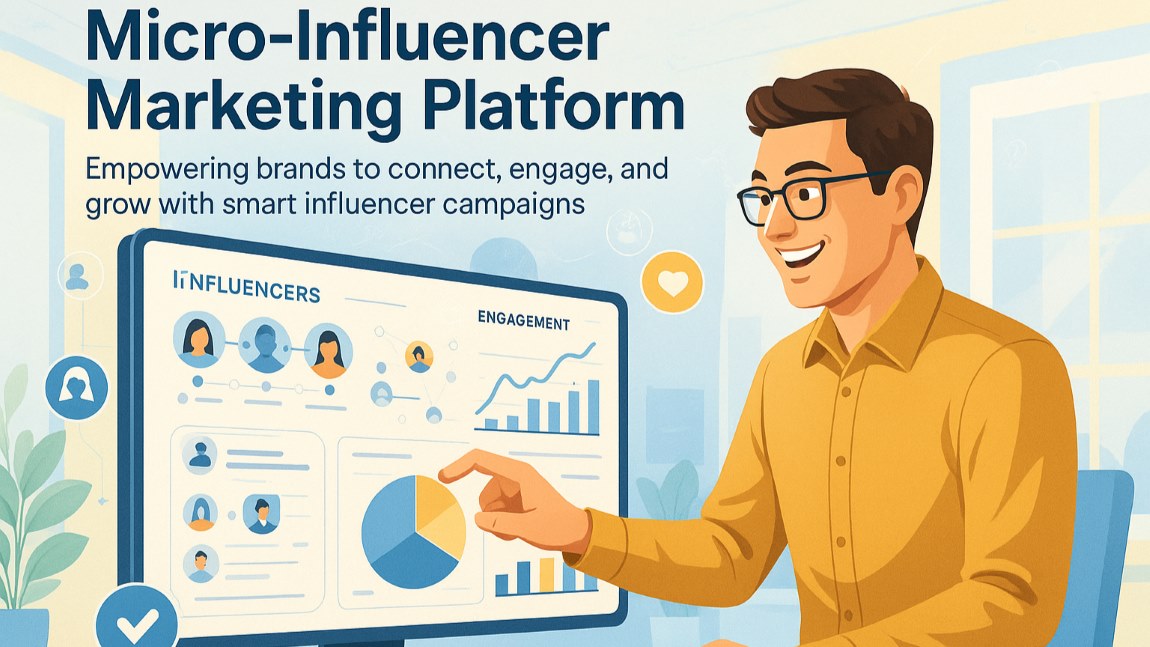
How to Bypass Character AI NSFW Filter in 2026?
The ongoing trend of Artificial Intelligence is revolutionizing the way we connect online or approach online connection. There has been...
Read More
Creating clean, professional images is no longer in the designers’ domain. By 2026, free AI-powered tools let e-commerce sellers, marketers,…
Read More
Google has rolled out the December 2025 Core…

In today’s fast-moving business environment, keeping customer data…

Learn how a Micro-influencer marketing platform can boost…

Video
OpenAI CEO Sam Altman has officially confirmed that ChatGPT-5 is launching this October! In this video, we reveal the latest updates, new AI models like o4 o4-mini and o3-pro and the mind-blowing features coming with GPT-5.
Google has unveiled exciting new features for Gemini Advanced and Whisk users who are Google One AI Premium subscribers! With the cutting-edge Veo 2 model, you can now...
Unlock 12 Free AI & SEO Tools – No Sign-up Needed! Supercharge your work with free tools for content creation, SEO analysis, conversions, and more – all in one place!
Meta has just unveiled its most advanced AI model yet — Llama 4 Scout, Maverick, and the mighty Llama 4 Behemoth. In this video, we break down everything you need to know about these relatively multimodal, open-weight LLMs.
Get actionable tips to help you work smarter every month